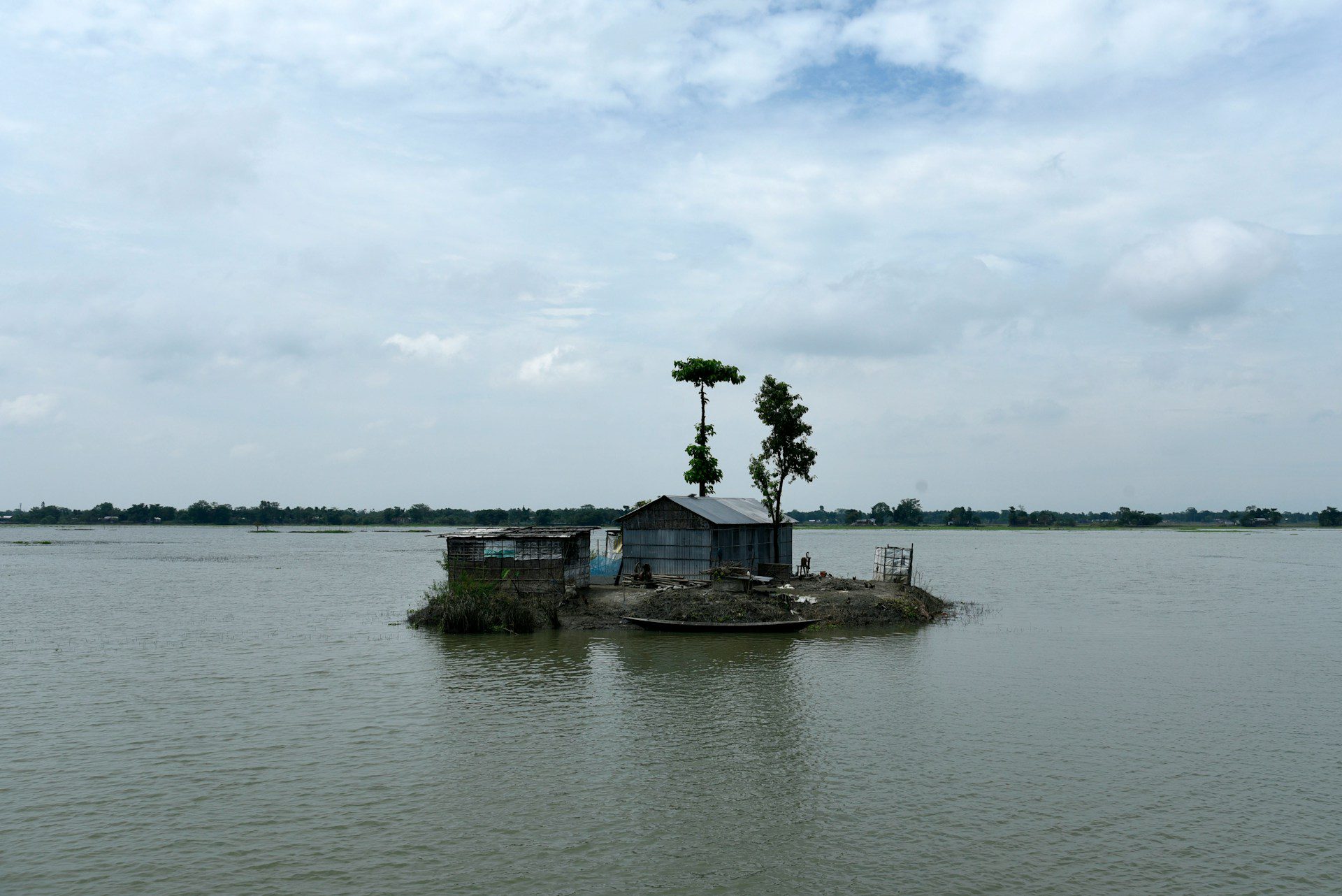
We need to talk about climate migration
That Bangladesh is particularly vulnerable to the effects of climate change is no longer news. Being a deltaic low-lying plain with a long coast, Bangladesh is geographically susceptible to natural disaster. Climate change has heightened that susceptibility and increased consequences and impacts.
Testimonies and lived experiences of the affected people in the Sundarbans region prove that climate-induced disasters in Bangladesh have been frequent and intensified largely after the large cyclones Sidr in 2007 and Aila in 2009. The Ovibashi Karmi Unnayan Program (OKUP) conducted a longitudinal research in Shyamnagar upazila of Satkhira from July 2022 to September 2023, which found that the people of the Sundarbans region, over the last 15 years, have been hit by cyclones once every 17 months, and been victims of floods, river erosion or erratic rainfall almost every year. The frequency of high tidal surge and the rapid salinisation of water and soil have emerged as a persistent threat for the communities. The impacts of frequent and intensified disasters lead to partial or complete loss of assets, livelihoods and well-being, which leave people in a continuous struggle to cope and survive.
